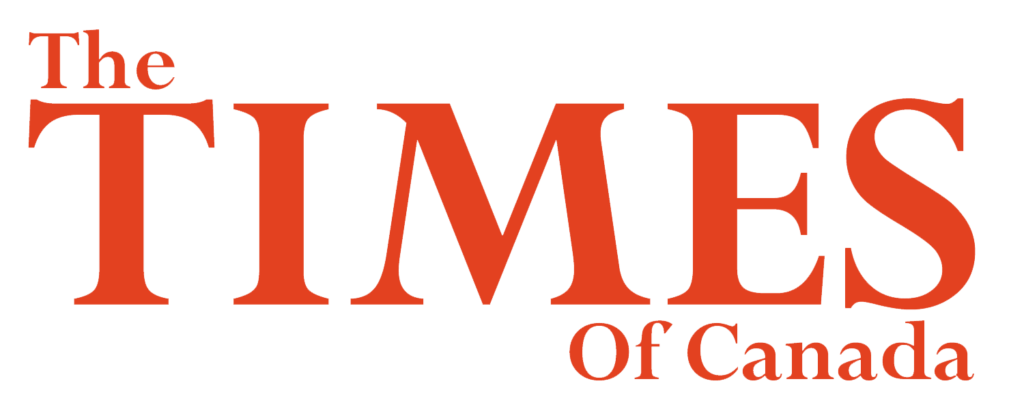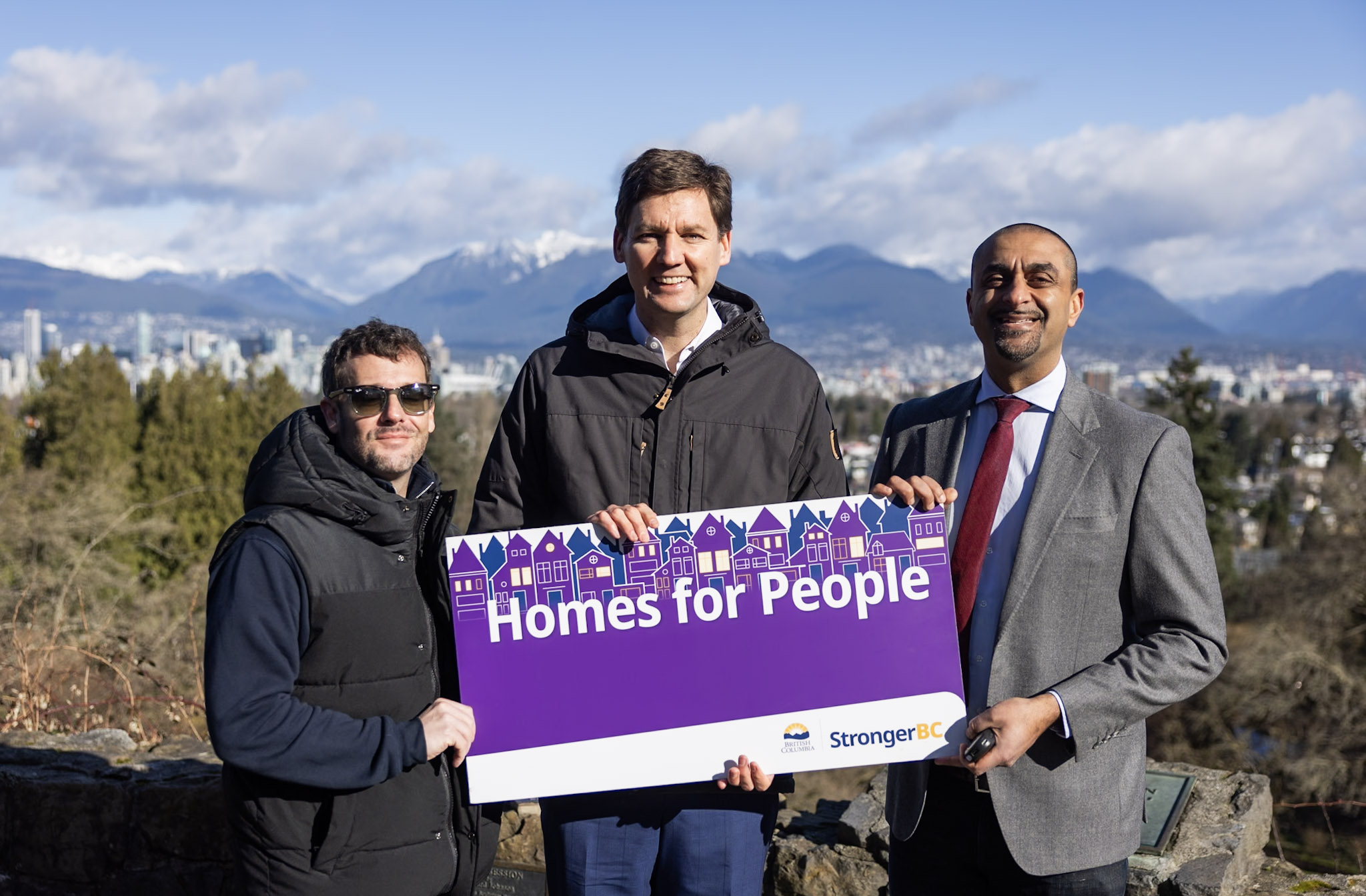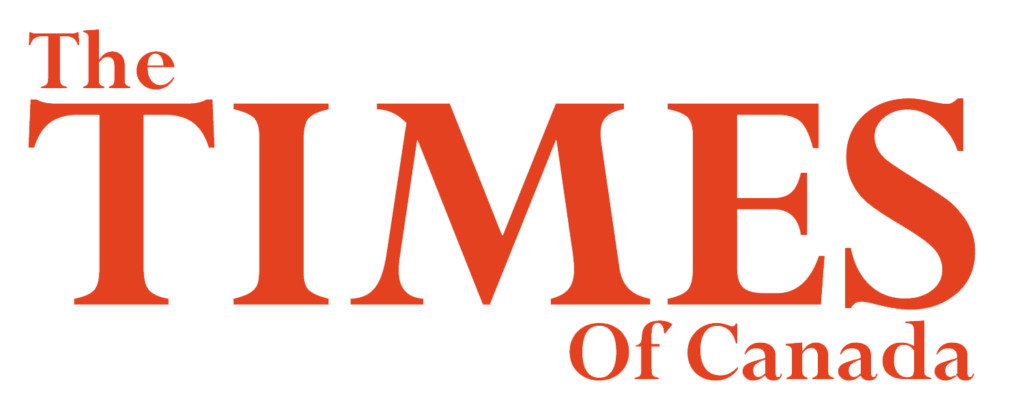As part of Budget 2024 measures that will increase supply and make homes more affordable and accessible, the Province is taking action against speculators and those who profit from “flipping” homes.
“Families shouldn’t have to compete with house-flipping investors when they’re trying to buy a home,” said Premier David Eby. “This tax will deter speculators and give families looking for a place to live an advantage in our housing market.”
Legislation to introduce the B.C. home-flipping tax will be introduced in spring 2024. If passed, it will take effect Jan. 1, 2025. At that time, any home sold within two years of purchase will be taxed, with the revenue funding new homes. Exemptions to the home-flipping tax will be available to people who face unavoidable life changes, including death and divorce, job relocation or loss, and people who are adding to B.C.’s housing supply.
“We know that people are struggling to find homes to rent or buy in areas that are close to work and their families,” said Katrine Conroy, Minister of Finance. “We want people to know our government has your back. That’s why Budget 2024 takes further steps to deliver more housing for people faster and make sure homes are lived in.”
The flipping tax complements other measures B.C. has taken to discourage housing speculation, including a speculation and vacancy tax, which is estimated to have freed up at least 20,000 homes in Metro Vancouver alone. The Province is also investing billions in B.C. Builds to build homes for the middle class.
“For many people, housing is their number 1 concern,” said Ravi Kahlon, Minister of Housing. “We are delivering results, but we’re not done. B.C. Builds is going to deliver thousands of middle-class homes in communities people want to live in.”
Information about the home-flipping tax, homes for people
The home-flipping tax will apply to homes sold within two years.
Homes sold within the first year will face a tax rate of 20% of the profit, declining to zero over the next 365 days.
Between 2020 and 2022, an estimated 7% of residential house sales were resold within two years.
Starting April 1, 2024, people may be eligible for the First Time Home Buyers’ Program for homes valued up to $835,000, paying no property transfer tax on the first $500,000.
Partial exemptions are available on homes valued up to $860,000, which could result in savings of up to $8,000.

Also starting April 1, 2024, a Newly Built Home Exemption means property transfer tax will be waived on new homes worth up to $1.1 million, an increase from the previous
$750,000 price limit, to encourage new home building.
Rental home construction is being encouraged through an enhancement to the exemption for purpose-built rentals.
Between Jan. 1, 2025, and Dec. 31, 2030, purchases of qualifying rentals will be exempt from the general property transfer tax.








